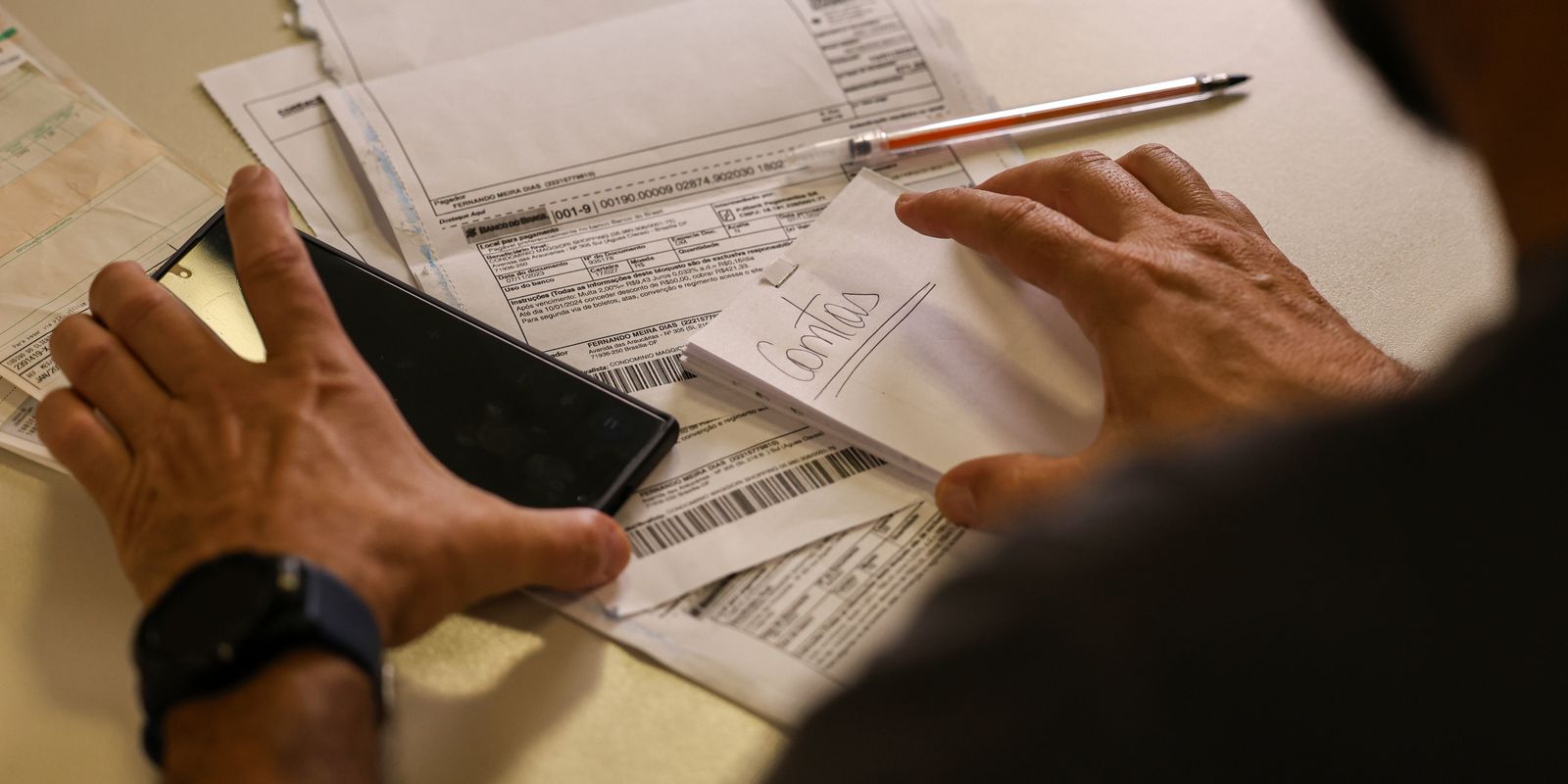The last-minute concessions in the complementary bill that regulates the tax reform will result in Brazil having the highest Value Added Tax (VAT) rate on the planet. The future VAT will be 28.55%, surpassing Hungary, a country that currently charges 27% and leads the collection of this type of tax. Approved by the Senate on Thursday (12), the proposal will return to the Chamber of Deputies.
Only the inclusion of the sanitation sector in the rate reduced by 60% will increase the rate by 0.38 percentage points. Presented by the tax reform rapporteur in the Senate, Eduardo Braga (MDB-AM), the calculation of 28.55% is preliminary. The number could rise after the extraordinary secretary for Tax Reform at the Ministry of Finance, Bernard Appy, presents the definitive calculations.
“The government is satisfied with the approval of PLP 68, but always highlighting that the government would prefer there to be fewer exceptions, but this is part of the political construction”, stated Appy after the end of the vote in the Senate.
The text approved by the Chamber of Deputies provided for a standard rate of 27.97%, which exceeded that of Hungary. The proceedings in the Senate increased the rate by 0.58 points. This is because, when giving special treatments to certain sectors of the economy, other segments must pay higher rates for the government to collect the same.
The calculations were carried out based on the reform’s premise of not increasing the tax burden (weight of taxes on the economy). In order for the collection of taxes on consumption to remain at 12.45% of the Gross Domestic Product (GDP, sum of goods and services produced), the sum of the rates of the Contribution on Goods and Services (CBS) and the Tax on Goods and Services (IBS) must be within the range stipulated by the study.
In addition to the water and sewage sector, the Senate included funeral services, oncology and rare disease medicinescompounding medicines and diapers in rates reduced by 60%.
Other benefits were the expansion of cashbackpartial return of taxes for the poorest population, for telecommunications services, the expansion of discounts for the real estate sector and the creation of a tax exemption band VAT for rentals.
Tax evasion
The rapporteur for tax reform in the Senate, Eduardo Braga (MDB-AM), argues that the effective rate may not reach this value. This is because the new tax system will “brutally” reduce tax evasion and legal challenges. If tax evasion decreases and the government recovers part of the revenue lost for decades, the impact of the exceptions included by parliamentarians will be diluted, making room for a lower tax rate.
“I am convinced that the rates will prove that we will have a lower standard rate than we are imagining,” said the senator after the end of the vote.
Braga argues that the technology of electronic invoices, which reduce fraud, and the drop in informality after a more functional tax system will move the economy, increasing government revenue and reducing the standard tax rate.
Lock
In theory, the standard rate will be in force until 2031, and should fall to 26.5% from 2032 onwards. The text approved by the Senate defined a deadline of 90 days from December 2030 for the government to send a bill to Congress supplementary tax that reduces tax incentives, if the standard reference rate of Value Added Tax is higher than 26.5%. Therefore, the text will have to be sent by the end of March 2031.
The previous version, approved by the Chamber, did not establish a deadline for submission. The government could send the text to Congress at any time in 2031, so that the changes could come into force in 2032, following the principle of annuality, according to which tax increases can only be valid in the year following the law’s sanction.
According to the constitutional amendment of the tax reform on consumption, there will be a brake on the tax burden (weight of taxes on the economy). In return, every five years, the government will evaluate the effects of tax incentives, being able to reverse measures that do not bring concrete results to the economy. During the final processing of the complementary bill, the Chamber tightened the lock, establishing the maximum rate of 26.5% for VAT.
The idea of limiting the tax burden in exchange for reviewing tax incentives was established by Braga during the processing of the constitutional amendment for tax reform in the Senate, also reported by him. “This is not the definitive reform. As was said here before, in Constitutional Amendment 132, we established the obligation to review specific regimes and tax benefits. We will periodically review this text so that we can improve and improve it”, said the Senator this week, while reading the report.
The first five-year assessment will be carried out in 2031, based on data from 2030. From then on, the remaining assessments should take place every five years. In recent weeks, Braga and the Ministry of Finance discussed measures to make the lock more effective, but the rapporteur’s main change was the inclusion of the deadline for sending the bill to Congress.














